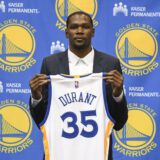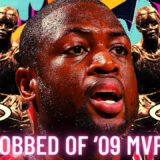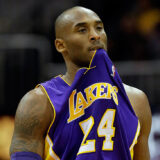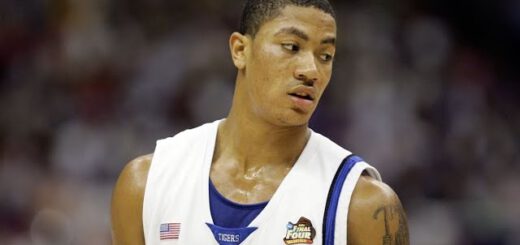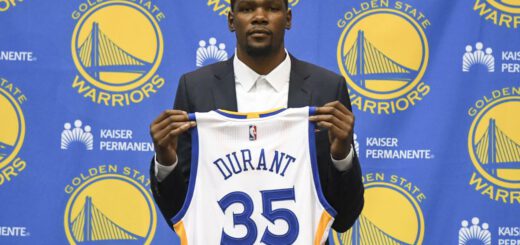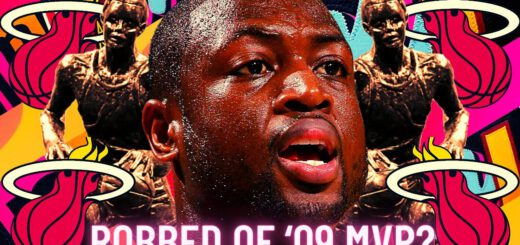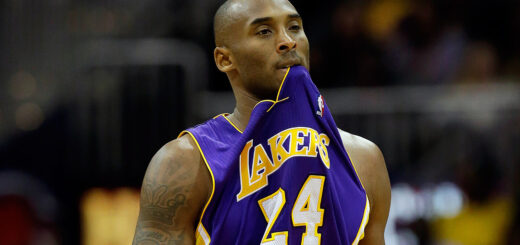13 Years Ago Today, The Expiration Of The CBA Led To The 2011 NBA Lockout
13 years ago today, on July 1, 2011, the NBA experienced a significant disruption as the collective bargaining agreement (CBA) expired, leading to a lockout that lasted 161 days. This lockout, the fourth in NBA history, was a result of a stalemate between team owners and players over several key issues, including the division of basketball-related income, salary cap structure, and luxury tax proposals.
The primary contention revolved around the distribution of the league’s income. Team owners proposed reducing players’ share from 57% to 47%, while the players’ union countered with a proposal to reduce it to 53%. This disagreement led to the cessation of all NBA activities, including trades, signings, and even contact between players and teams.
The lockout had a profound impact on the 2011-2012 NBA season. Initially scheduled to start in November, the season was delayed until December, and the number of regular-season games was reduced from 82 to 66. This disruption not only affected the players and team staff but also had broader economic implications for businesses and communities reliant on NBA games.
Negotiations between the NBA, led by Commissioner David Stern, and the National Basketball Players Association (NBPA), headed by Executive Director Billy Hunter and President Derek Fisher, were intense and prolonged. After months of negotiations, a new ten-year CBA was ratified on December 8, 2011. The agreement included a flexible salary cap and a revised revenue split, with players receiving between 49% and 51% of the league’s income.
During the lockout, many players sought alternative ways to stay active and maintain their skills. Some played in overseas leagues, while others participated in domestic leagues and exhibition games. This period also saw a surge in player mixtapes, which kept fans engaged despite the absence of official NBA games.









